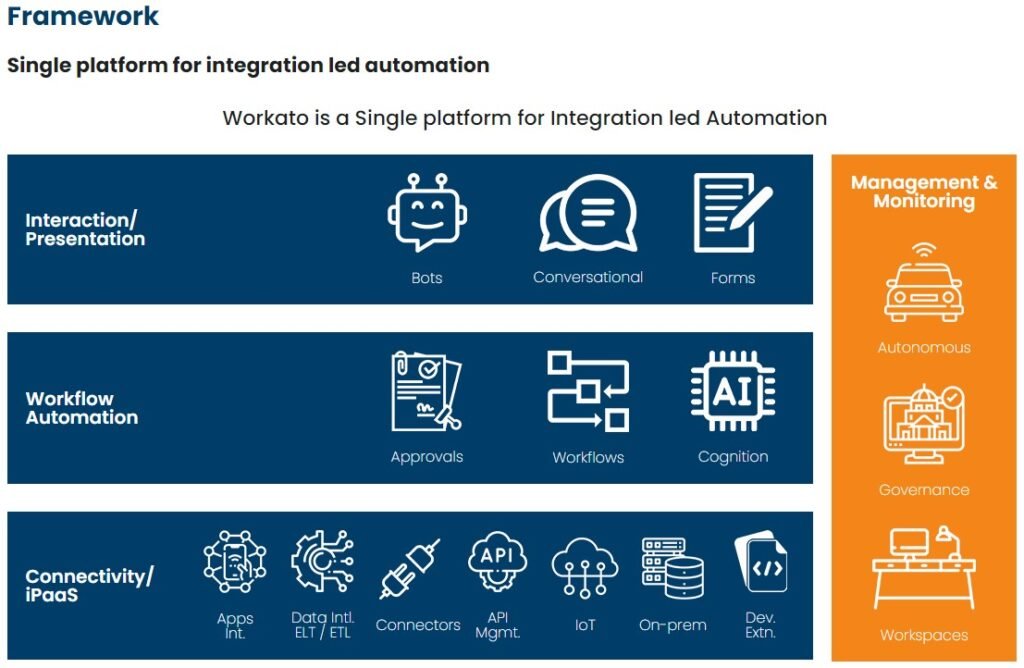Microservices architecture has become a transformative approach in modern software development, enabling organizations to create scalable, flexible, and resilient applications. Kalinga IT Services stands out as a leader in delivering innovative microservices solutions tailored to meet diverse business requirements. Kalinga IT Services is renowned for its expertise in microservices architecture, helping businesses transition from legacy systems to modern, cloud-native applications. With a team of experienced architects and developers, Kalinga IT Services ensures seamless integration and robust performance of microservices-based systems. Embrace the power of microservices architecture with Kalinga IT Services and unlock new possibilities for your business. Connect with us today to start your journey toward a more agile and efficient system.
Low-code platforms empower businesses to develop and deploy applications with minimal hand-coding. By utilizing intuitive drag-and-drop interfaces, pre-built templates, and reusable components, organizations can automate repetitive tasks and streamline their workflows. Kalinga IT Services specializes in implementing low-code solutions tailored to specific business needs, enabling rapid innovation while reducing development costs.
With low-code process automation, businesses can:
- Accelerate Development Cycles: Build and deploy applications in days or weeks instead of months.
- Enhance Collaboration: Enable business and IT teams to work together seamlessly through user-friendly platforms.
- Improve Efficiency: Automate manual processes, reducing errors and freeing up resources for strategic tasks.
Hybrid integration solutions enable businesses to connect on-premises systems, cloud applications, and data sources, creating a unified IT ecosystem. By combining the strengths of both on-premises infrastructure and cloud platforms, organizations can ensure seamless data flow and improved operational efficiency. Kalinga IT Services specializes in delivering hybrid integration strategies tailored to unique business needs, providing a flexible and scalable approach to modern IT challenges.
With hybrid integration, businesses can:
- Enhance System Connectivity: Integrate legacy systems with modern cloud applications to ensure smooth communication between diverse technologies.
- Boost Flexibility and Scalability: Leverage the cloud for scalability while retaining critical on-premises assets, offering businesses the best of both worlds.
- Ensure Data Consistency: Maintain accurate, real-time data across platforms, improving decision-making and operational workflows.
Integration Platform as a Service (IPaaS) provides businesses with a comprehensive cloud-based solution for connecting applications, systems, and data sources across on-premises and cloud environments. IPaaS enables seamless integrations without the need for complex infrastructure, ensuring faster deployment and lower maintenance costs. Kalinga IT Services helps organizations implement IPaaS solutions that streamline integration workflows, enhance collaboration, and enable efficient data flow across diverse systems.
With IPaaS, businesses can:
- Accelerate Integration Processes: Simplify and speed up the integration of various applications and systems, reducing deployment times.
- Enhance Scalability: Effortlessly scale your integration as your business grows and needs evolve, without added complexity.
- Improve Data Management: Ensure consistent, accurate data across multiple platforms with efficient integration management and data synchronization.
Cloud-native integration enables businesses to build and deploy applications that fully leverage the cloud’s scalability, flexibility, and cost-efficiency. By integrating cloud-native services with APIs, organizations can optimize application performance and streamline data flow across platforms. Kalinga IT Services specializes in implementing cloud-native integration strategies that ensure smooth and scalable connectivity between cloud applications and systems, enhancing business agility and reducing time-to-market.
With cloud-native integration and API management, businesses can:
- Optimize Cloud Performance: Leverage cloud-native features to ensure that applications scale efficiently with demand while maintaining performance.
- Seamless API Management: Simplify the creation, deployment, and monitoring of APIs for better connectivity and security across platforms.
- Enhance Agility: Quickly adapt to business changes by integrating new cloud services or APIs without disrupting existing infrastructure.





